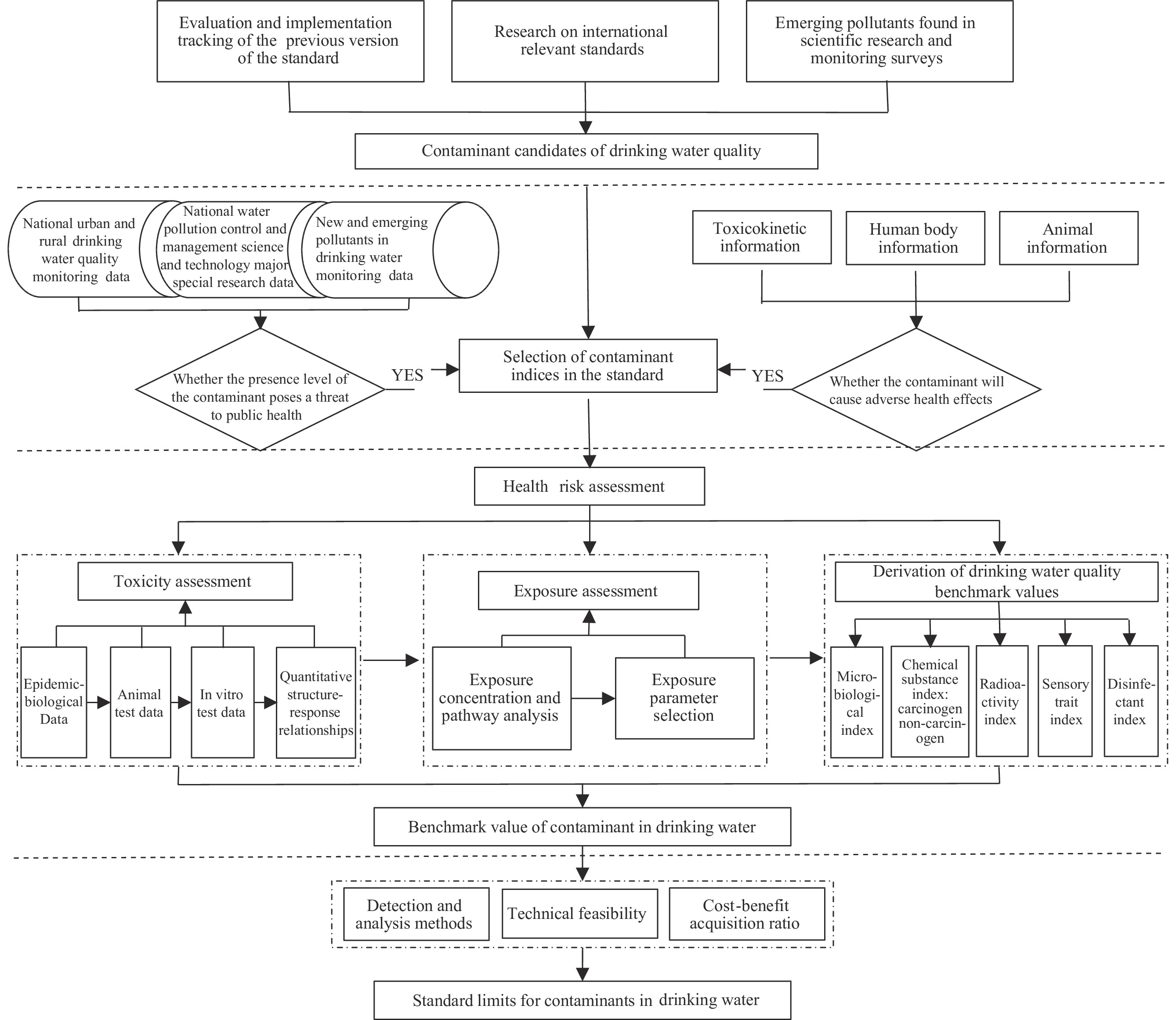2023 Vol. 5, No. 13
Research evidence is insufficient to suggest whether routine human immunodeficiency virus (HIV) screening in healthcare settings is effective in promoting greater awareness of HIV-positive status.
This study found that, following the implementation of routine HIV screening in hospitals in Xishuangbanna Prefecture, Yunnan Province, there was a significant increase in the number of HIV screenings, positive results, and the positive rate of HIV screening in primary-level hospitals.
Routine hospital-based HIV screening is effective in identifying HIV infections in areas with concentrated epidemics.
Migration has a significant impact on the transmission of human immunodeficiency virus (HIV). To date, there have been few studies examining the characteristics of migration among HIV-positive men who have sex with men (MSM).
The prevalence of migrants among newly reported HIV-positive MSM in Guangxi Zhuang Autonomous Region increased from 2005 to 2021. Yulin Prefecture had the highest proportion of out-migrant MSM (12.6%), while Nanning Prefecture had the highest proportion of in-migrant MSM (55.9%). Risk factors associated with migration among MSM included being in the 18–24 age range, having a college education or higher, and being a student.
A complex prefecture-level network of HIV-positive MSM exists in Guangxi. To ensure effective follow-up management and antiretroviral therapy for migrant MSM, effective measures must be taken.
Men who have sex with men (MSM) in China have a high rate of human immunodeficiency virus (HIV) infection. Pre-exposure prophylaxis (PrEP) and post-exposure prophylaxis (PEP) have been shown to be effective in preventing HIV, which may help to contain the HIV epidemic among MSM.
This study found that knowledge and usage of PrEP were low among MSM, indicating that this population is at high risk for HIV infection. Promotion of PrEP and PEP among MSM is necessary to reduce the risk of HIV infection in this population.
PrEP and PEP are novel HIV prevention strategies that have been demonstrated to be effective and safe. To further reduce HIV transmission among MSM in China, it is necessary to promote the use of PrEP and PEP.



 Subscribe for E-mail Alerts
Subscribe for E-mail Alerts CCDC Weekly RSS Feed
CCDC Weekly RSS Feed
